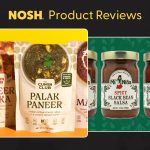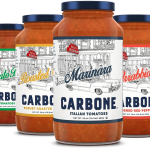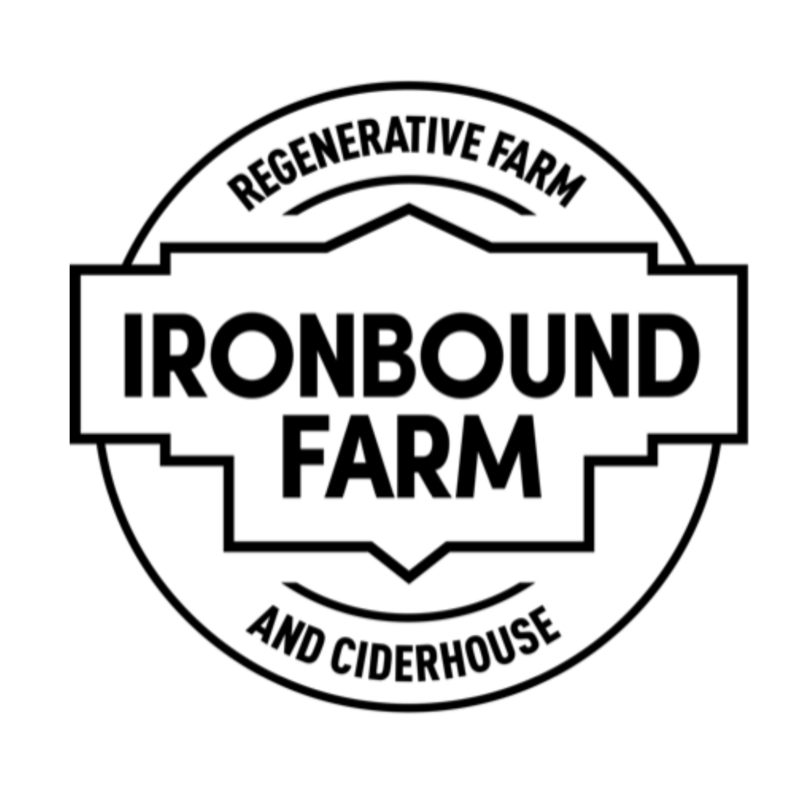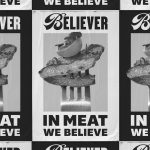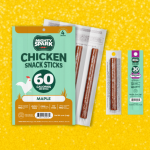Chicken, Meet Software: Plant-Based Startup NUGGS Raises $4 Million
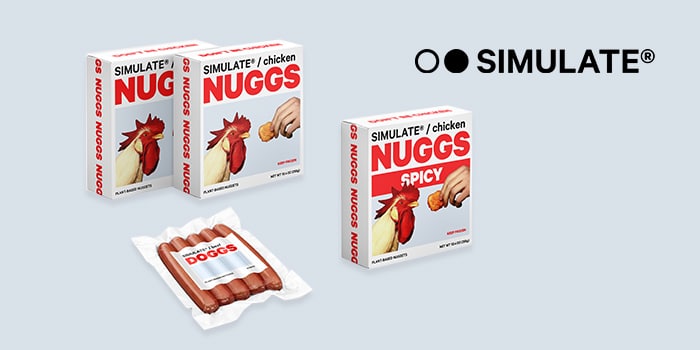
For Ben Pasternak, CEO and founder of plant-based chicken nugget brand NUGGS, the philosophy for launching a new brand is simple: “Whatever everyone else is doing, we should do the opposite.” Since its launch two years ago, this philosophy has been evident in nearly every aspect of NUGGS, from the product’s market positioning as a chicken nugget “simulation,” to a meme-heavy social media presence, to reformulations mimicking software updates.
These creative risks have ultimately begun to pay off as the company continues to grow and attract the attention of new investors. This month, NUGGS announced it had raised $4.1 million in new funding, which coincided with the launch of its parent company SIMULATE and a new addition to its leadership team. The moves, Pasternak said, are designed to help set up the company for expansion.
Investment came from Lerer Hippeau, AgFunder, Reddit co-founder Alexis Ohanian, former Whole Foods CEO Walter Robb and model Jasmine Tookes. The new investment brings the company’s total raised to $11.1 million after the company raised $7 million last summer, with investment led by frozen food company McCain Foods and with Rainfall Ventures, Maven Ventures, MTV founder and iHeartMedia CEO Bob Pittman, and Casper founder Neil Parikh also taking part.
“Our investors really believe in the long term vision for the company and our software framework we’ve applied to building a nutrition company,” said Pasternak.
20-year-old Pastnerak was the youngest tech entrepreneur to receive VC funding from Silicon Valley when he co-founded video chat app Monkey at 15. At 18 in 2018, after Monkey was acquired, Pasternak turned his attention to food and founded NUGGS. With a background in software, Pasternak said the “inefficiency” in the way people eat attracted him to the nutrition space.
“I feel that the way humans eat is probably centuries behind other technology,” Pasternak said. “If you look at how quickly transportation has scaled over the past couple hundred years, we’re building rockets now and on our way to becoming multiplanetary species. But if you think about food, it hasn’t changed too much apart from scaling. Nutrition hasn’t really got better, it’s just gotten larger.”
In the increasingly crowded plant-based meat category, Pasternak believes NUGGS stands out because of its dedication to constant improvement. Leaning into Pasternak’s tech history, the company has released nearly 10 versions of the NUGGS product, announced in the vein of app updates. The latest version, NUGGS 2.0, was released last month with “fixes and improvements” including the discontinued use of konjac, dehydrated seaweed, pea protein and vital wheat gluten along with increased fiber and a more chicken-like appearance and flavor.
“Until we’re entirely indistinguishable from chicken, which we are not there yet, there’s always going to be room to improve,” Pasternak said. “By always iterating and having our user base tell us what they like and dislike, it really enables us to create the best product.”
The company takes the positive feedback along with the bad — Pasternak said there’s been a “very small cohort” of consumers who preferred earlier versions over the updates. This was particularly apparent when the company switched from using pea protein to wheat protein and then ultimately to soy protein to achieve certain textural goals.
While the product updates have been relatively simple to roll out using its direct-to-consumer model Pasternak said the company will likely reduce updates to annual reformulations in retail and foodservice. NUGGS will roll out in 30 Gelson’s supermarkets in California this month, which comes after the company added Matt Merson, previously of Tio Gazpacho, Boxed Water is Better and ZICO, as its VP of sales earlier this year.
The software theme also has inspired the new name of its parent company, SIMULATE, a word the company was already using in NUGGS’ branding.
“Technically it doesn’t make sense,” Pasternak said. “Usually simulation is a set of rules followed by a computer. But in this case, we felt it was really aligned with the nutrition and software value of the company so it was a good intersection of both.”
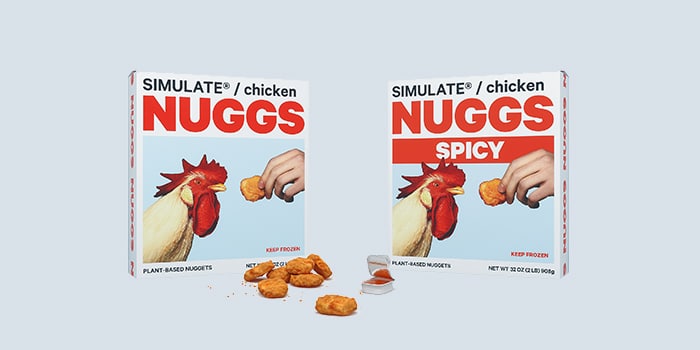
With a focus on “simulating highly processed food meats,” the company has several new products in the works: a spicy version of its NUGGS, a plant-based chicken patty, and a plant-based hot dog product called DOGGS, which Pasternak said was heavily requested by consumers.
To aid the company’s growth as it expands its portfolio and looks to scale the business sustainably, SIMULATE has added Thierry Saint-Denis, the former senior director of research & innovation at Danone, as the company’s chief technology officer.
“My background is currently in software and not biotechnology, so Thierry really brings that to the table and it’s helping to put us in a place to continue to build amazing products,” Pasternak said.
The NUGGS product and bold branding (its website states its product “Kills you slower” and calls NUGGS 2.0 the “Tesla of Chicken”) have particularly resonated with younger consumers. Given its user base, Pasternak said it “doesn’t make sense” for the company to fill its Instagram page with simple product images, and instead makes its page “entertaining” by working the product into viral memes and other pop culture moments.
“We try to be almost self-deprecating, because it’s kind of hard to be angry at something that’s self-deprecating,” Pasternak said. “When we’re trying to enable people to break lifelong habits, obviously, it’s somewhat controversial. So we try to be very friendly, and kind of hard to be angry at.”
Pasternak said the company’s goal is to ultimately “feed everyone on the planet” and thus doesn’t use any of the “V words” — vegan, vegetarian — in its branding, adding that he believes linking to specific communities or diets, or being “preachy” about switching to plant-based foods would be “ineffective” for the company.
“We believe that for people to stop eating animals, we just need to build the best technology,” Pasternak said. “And that’s what we intend to do.”

